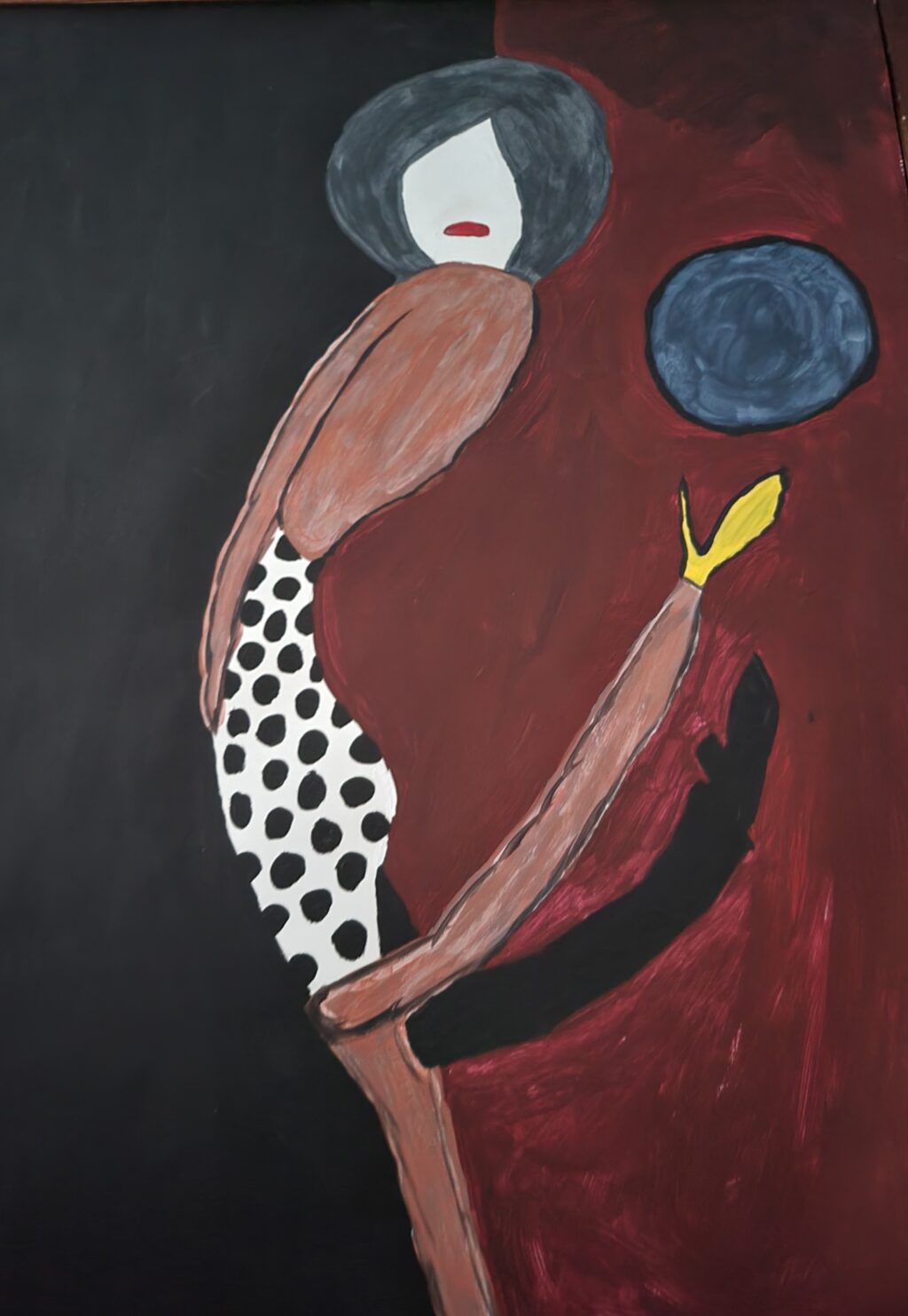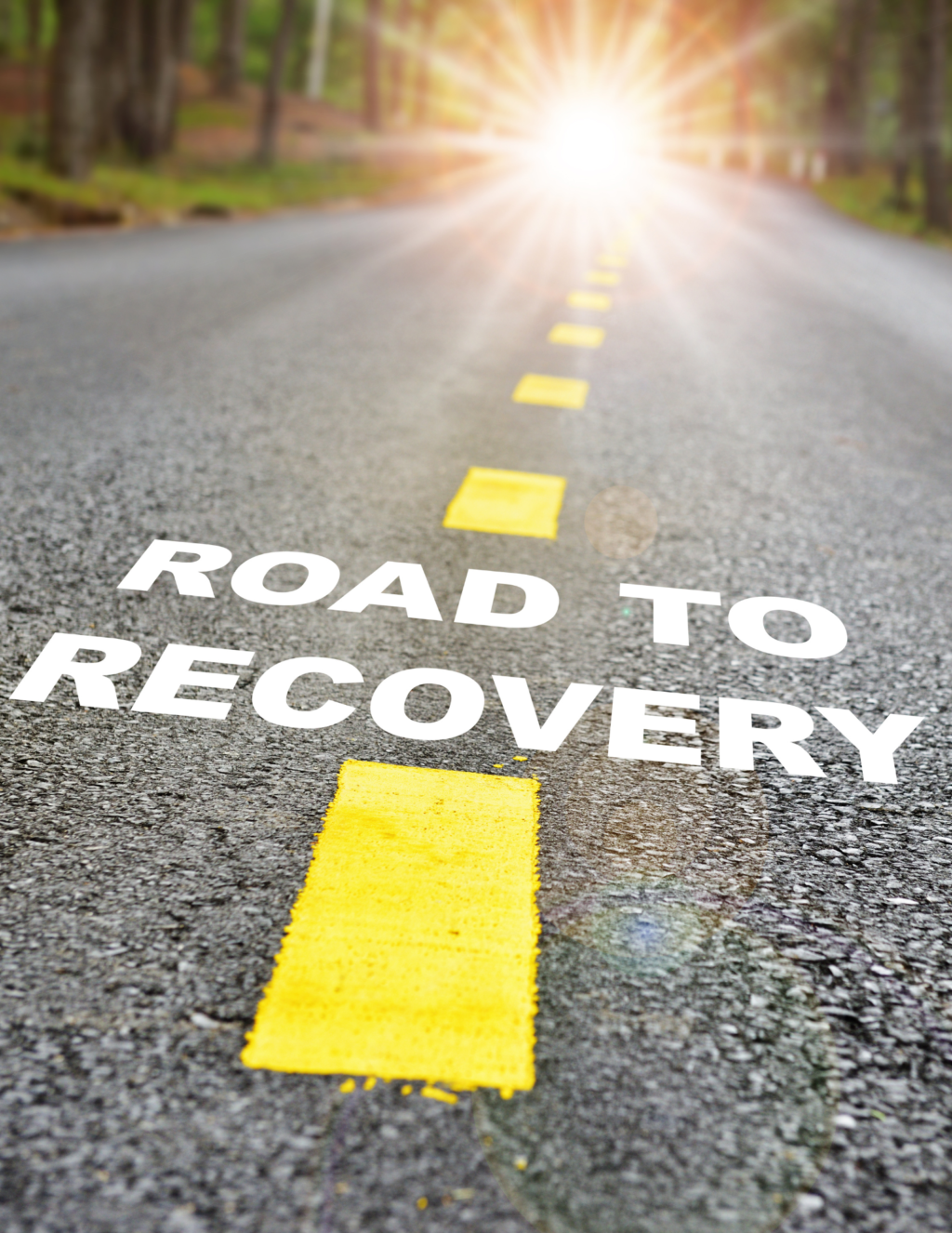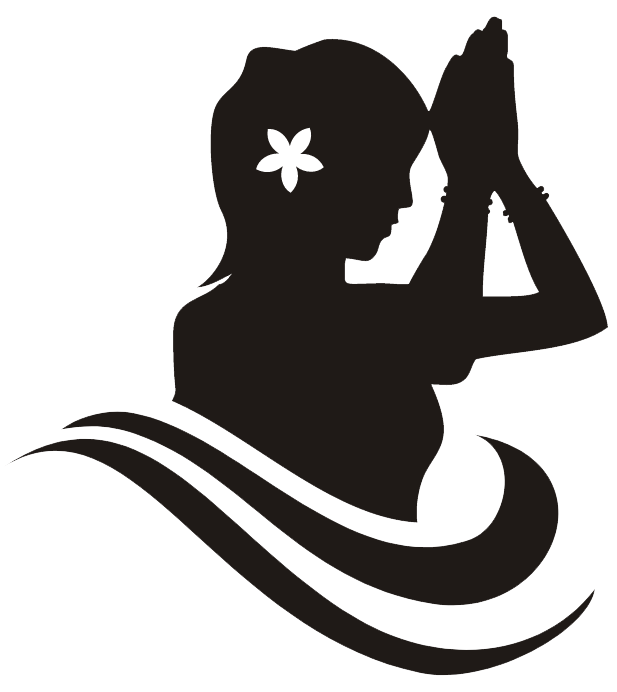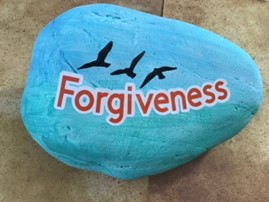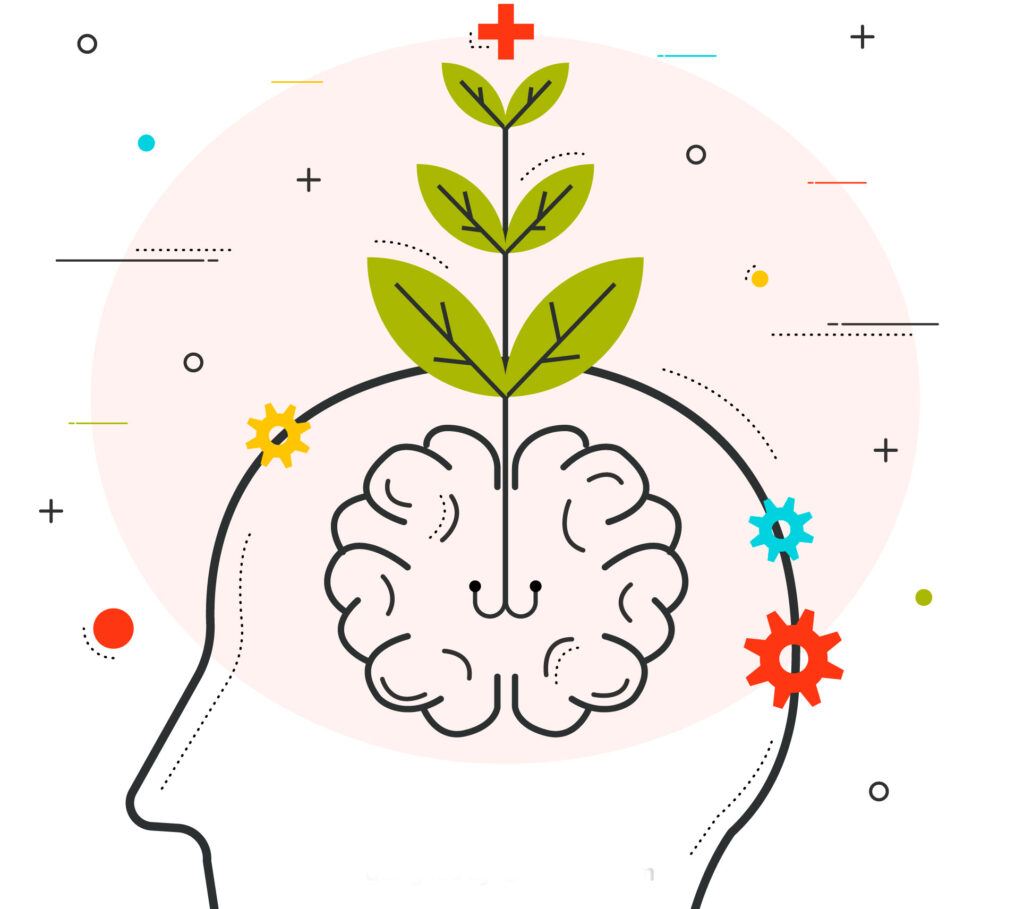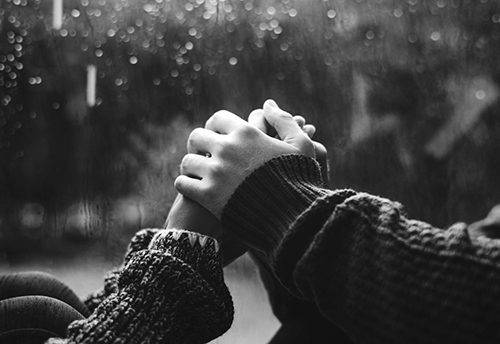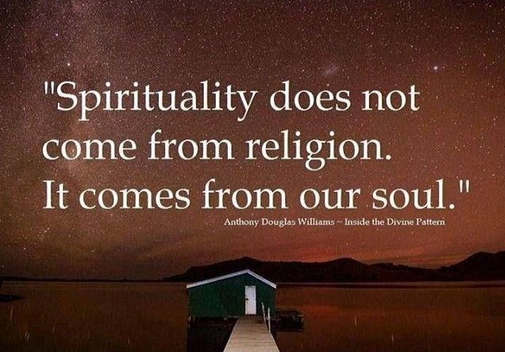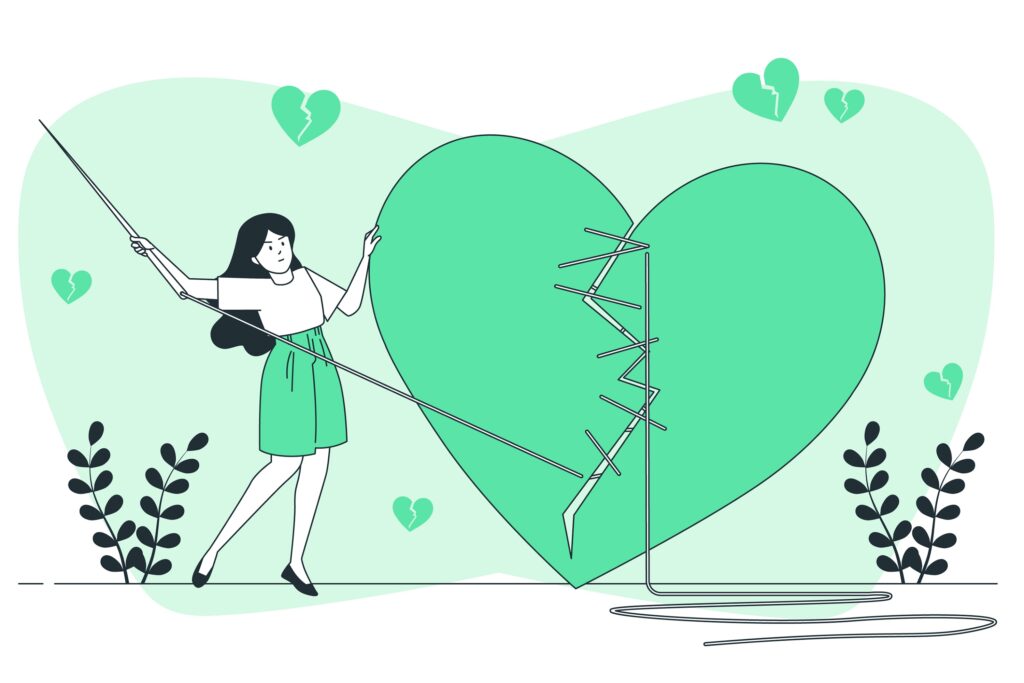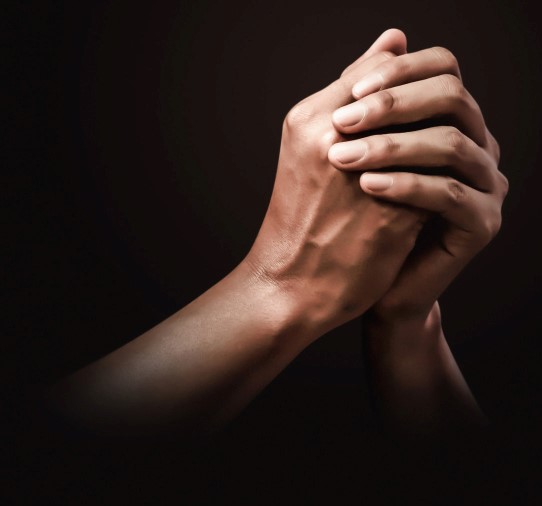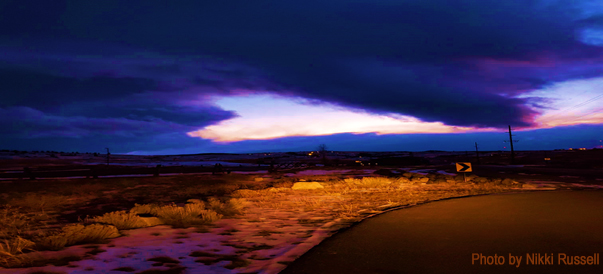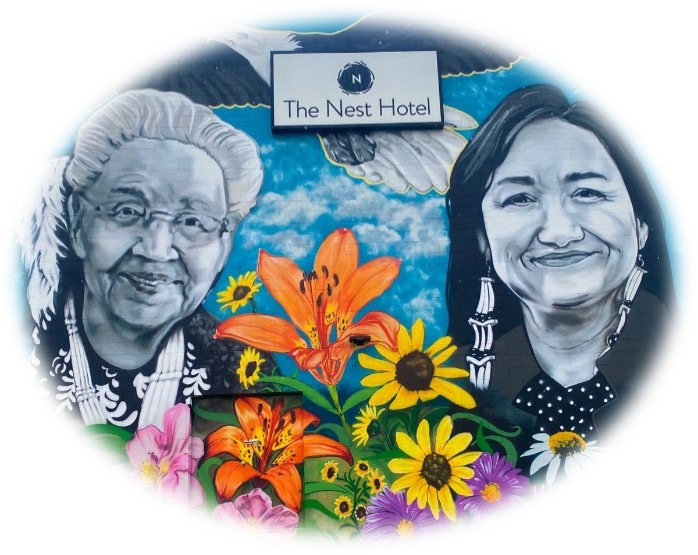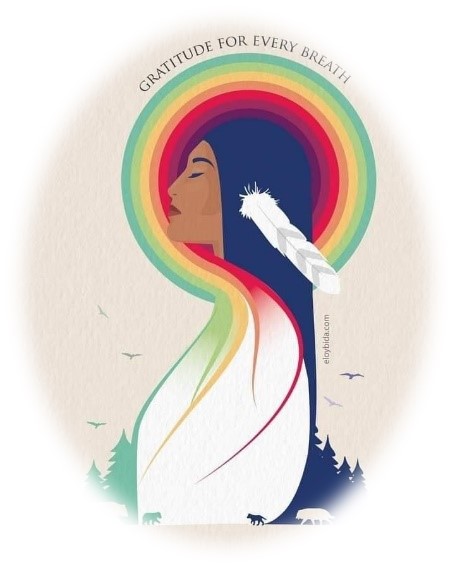Self-Care Inspires Life
I was a new manager in a clothing retail store in the corporate world. In the beginning, I worked 50-60 hours a week. I managed 12-15 employees at any given time with scheduling, crunching numbers, training, and orientations. I sat in my office, dreaming of a way to excuse myself and walk away from the rat race. The job represented how I lived until then, sacrificing my vitality for security. I would leave work daily, pick up my daughter, and stop for my self-care, a bottle or two of wine. I would go home and pour myself a mind-numbing glass of Cabernet, help my daughter with her homework, and put her to bed. I would pass out around midnight, wake up the following day, and start the cycle again.


